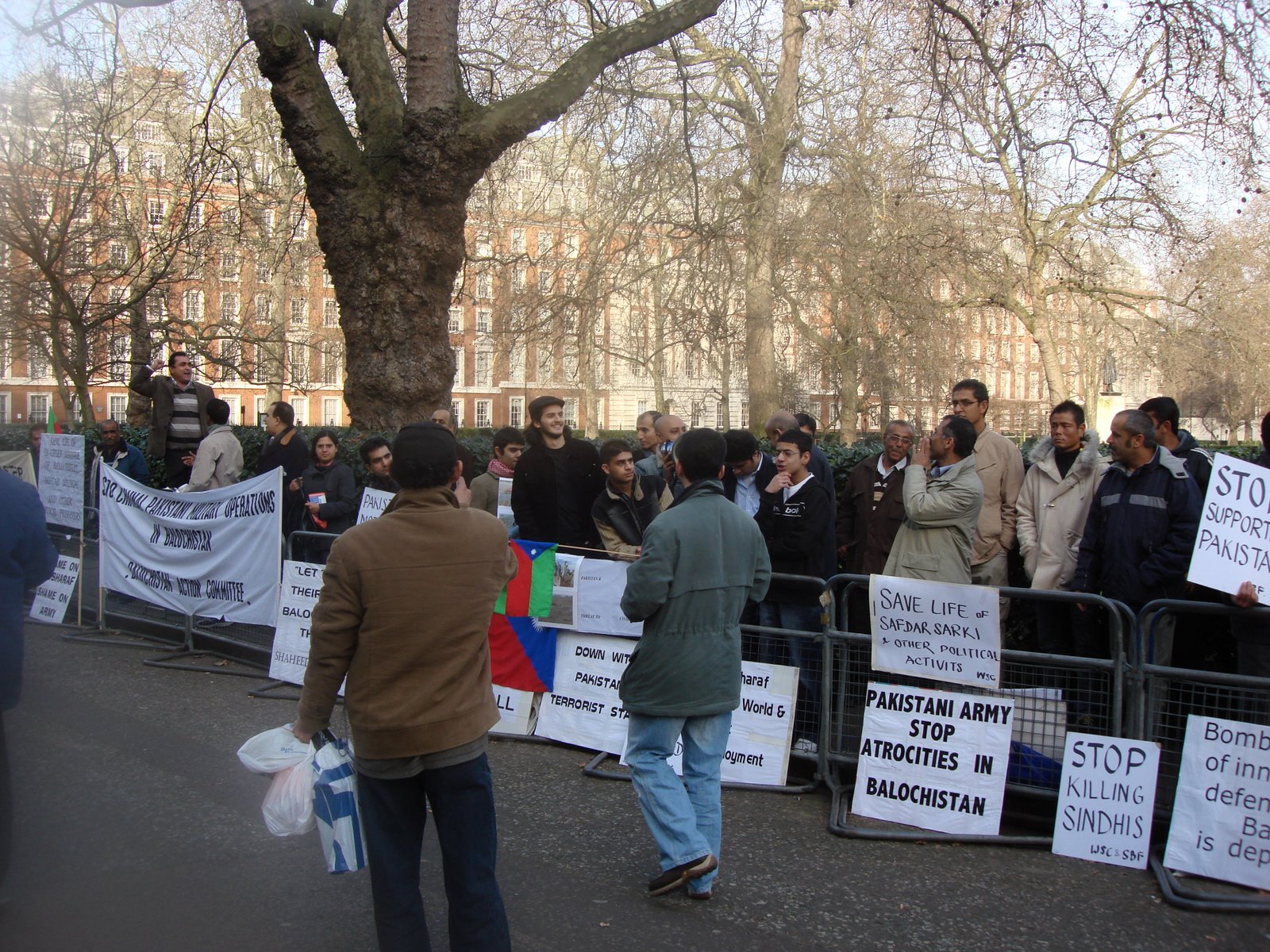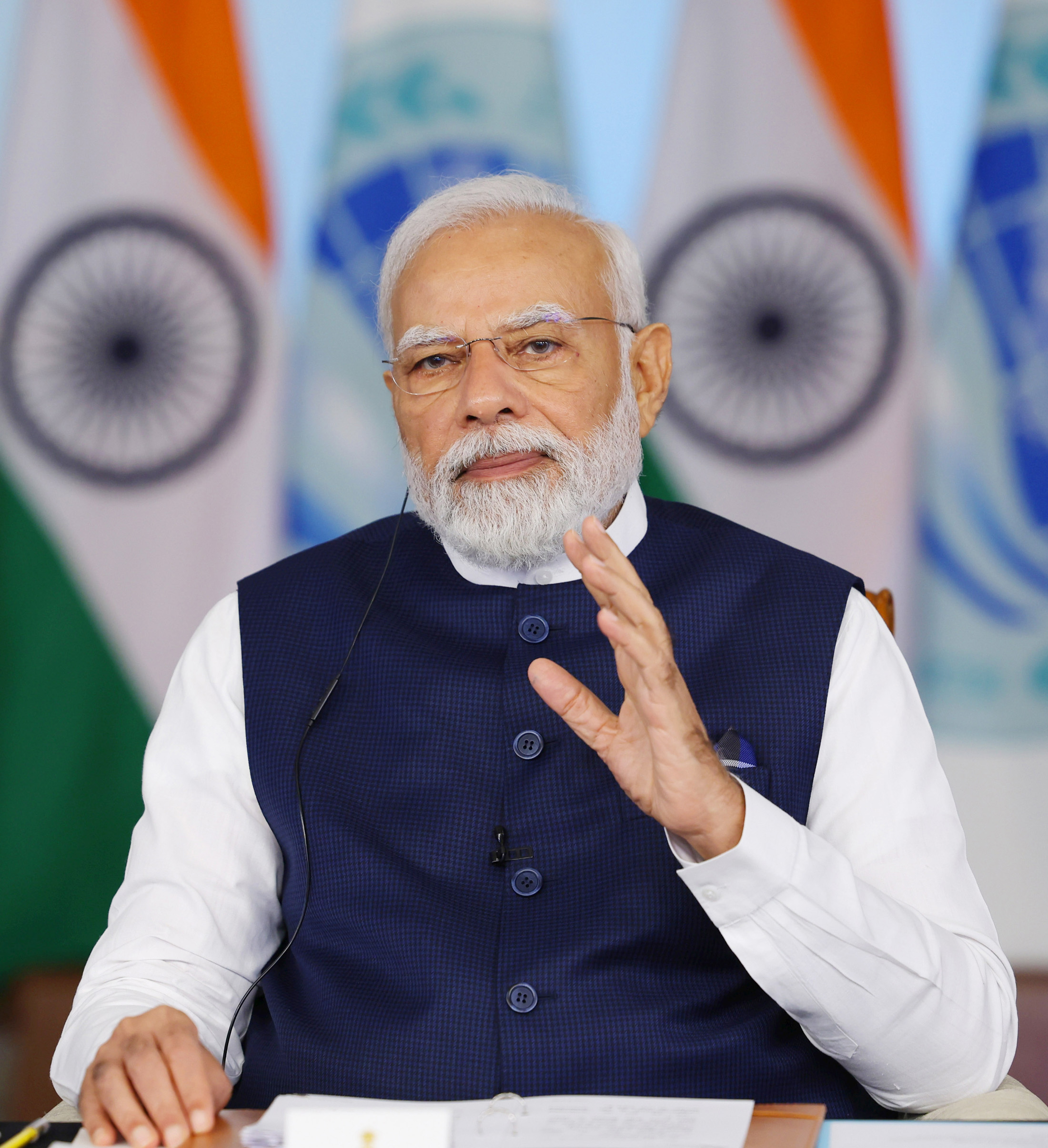India should expose Pak’s genocide
Ravi Shanker Kapoor | January 17, 2017 10:47 pm

Prime Minister Narendra Modi’s support for the rebels in Balochistan in the Independence Day speech last year is increasingly looking like a one-off remark with little follow-up. The surgical strikes in September and demonetization also were similar—measures appearing to be bold but unaccompanied with complementary action.
On Balochistan and Pakistan, we have seen only grand statements and dramatic actions, but no thought-out strategy. In fact, the Modi regime doesn’t seem to have a foreign policy different from the one authored by Nehru and fine-tuned by his ideological descendants. China appeasement continues unabated, as I mentioned earlier (Is Ram Madhav Modi’s Menon? https://thehinduchronicle.com/2017/01/ram-madhav-modis-menon/). The Modi government’s attitude towards Pakistan, too, is similar to that of the previous government’s. The surgical strikes can indeed be called differential, but without complementarities they seem to have become an inconsequential episode in the story of Indo-Pak ties.
India raised the expectations and hopes of Baloch freedom fighters, but has delivered nothing. The Baloch Republican Party is feeling frustrated. “We were expecting diplomatic support at the international level,” Azizullah Bugti of the BRP told The Hindu (December 23). “We are facing difficulties like military operations, abductions and killings of Baloch civilians, but the movement is continuing. It’s for India to decide whether to raise our issue or not. But we can’t remain silent.”
Let alone support the freedom struggle in Balochistan, India has not even granted asylum to BRP leader Brahumdagh Bugti. External Affairs Minister Sushma Swaraj made a flowery speech at the UN in September in which she raised the issue of Balochistan, but has done nothing substantive to support the liberation movement in the oppressed province of Pakistan. Of course, she was hospitalized for some time, but after joining office she has been busy fighting phony wars with Amazon instead of doing anything meaningful on Balochistan.
In fact, it looks like Modi’s government just forgot Balochistan after Swaraj’s UN speech. This is despite the fact that repression has intensified in that unfortunate province. Quoting sources, Sunday Guardian reported on January 15 that “the Pakistan army is indiscriminately using chemical weapons in Waziristan and in certain areas of Khyber Pakhtunkhwa, both areas dominated by Pashtuns—apart from Balochistan. Until recently, Khyber Pakhtunkhwa acted as a rescue point for IDPs [internally displaced people] escaping the Pakistan army’s so-called war on terror in Waziristan and surrounding areas. The Pak military has been using the ‘war on terror’ to bombard its restive regions that are seeking independence from Pakistan. Pakhtuns—more commonly known as Pashtuns—have been demanding a free Pashtunistan, which would primarily comprise FATA (Federally Administered Tribal Areas) and Khyber Pakhtunkhwa. According to activists, this region has become increasingly restive as Pakistan has made it its military backyard. In Balochistan, Baloch activists too have alleged that the Pakistan army has been poisoning their water supply and using poison gas on the civilian population.”
One would have expected New Delhi to highlight the plight of the Baloch people and provide all manner of support to them, but it has been reported that various arms of the Modi regime have divergent views on the subject. Such confusion is the product and function of the government’s inability to chalk out an alternative foreign policy—that is, a truly post-Nehruvian paradigm. As in the economic sphere, continuity rather than change defines the Modi dispensation’s terms of engagement with the world.
This is the reason that Modi had no compunctions in accepting after two years in office that non-alignment is alive. RSS commissar and the Bharatiya Janata Party’s general secretary Ram Madhav, who has a say in policy making, favors the appeasement of China. The government’s attitude towards Pakistan too remains the same, notwithstanding the hype created around surgical strikes: because of the absence of a proper follow-up, Pakistan continues with its aggression along the line of control.
We keep pestering the Americans to declare Pakistan a terrorist state, but have we done that? Our diplomatic relations with Islamabad have not even been downgraded, let alone ended. I will reiterate that India ought to end our ties—diplomatic, economic, cultural, sports—with Pakistan. Only then we would be able to demonstrate to the world that we are serious about making it a pariah.
Further, we have to launch a massive campaign all over to world to expose Pakistan as the engine of jihadist terror and as the perpetrator of genocide in Balochistan and other regions (in the same manner it did in what was then East Pakistan). The Modi government has to go beyond symbolism and ad hoc measures like surgical strikes to deal with Pakistan. For that, it has to frame a policy that is based on realism and not fantasies that are being promoted by the likes of Ram Madhav.






























